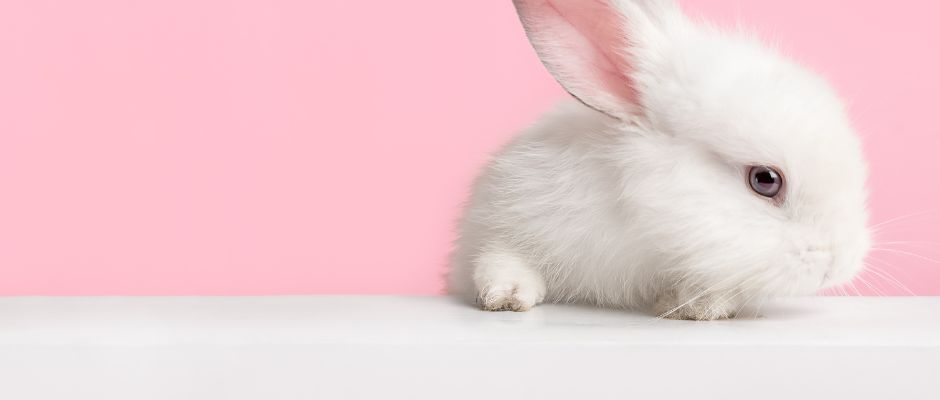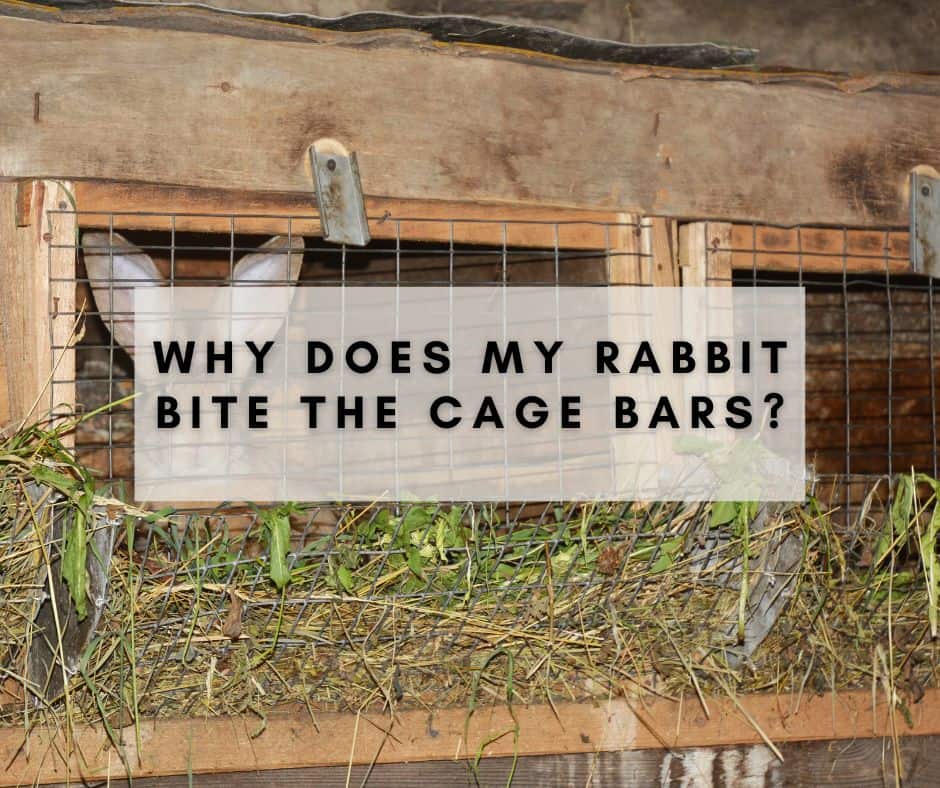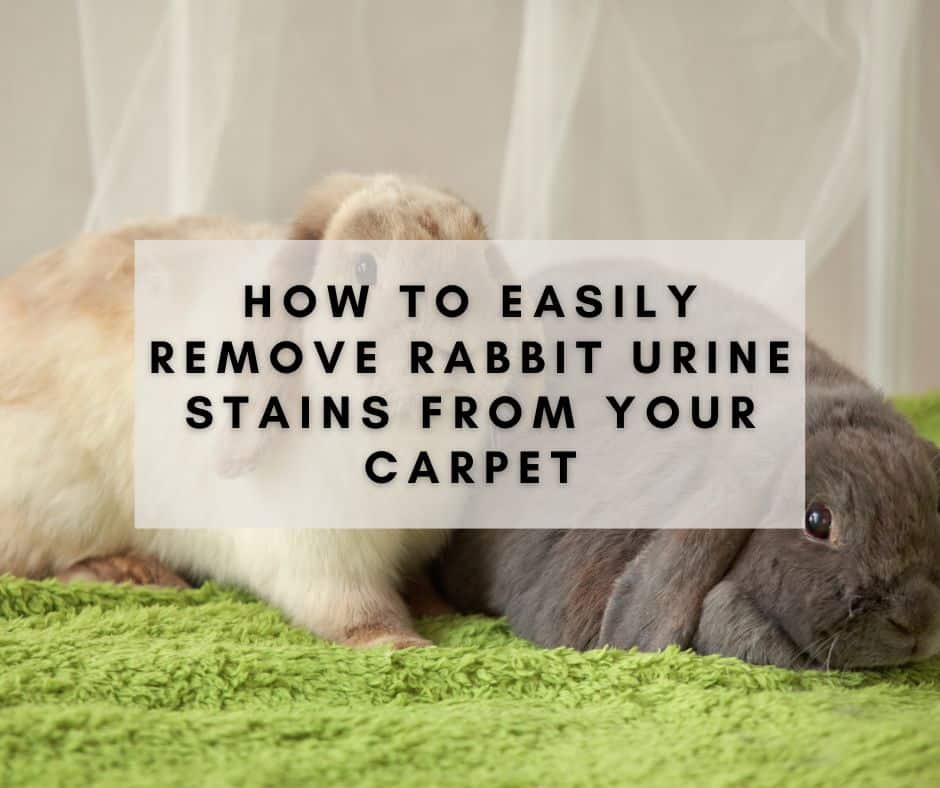Bunnies are popular pets that are known for their adorable and fluffy appearance. They are social animals that require proper care and attention to thrive. One of the most important aspects of bunny care is providing them with a comfortable and safe living environment. This includes a suitable cage that meets their basic needs.
When it comes to bunny cages, there are several factors to consider. First and foremost, the cage should be spacious enough to allow the bunny to move around freely. The minimum size for a single bunny is eight square feet, while two bunnies require at least twelve square feet. It is also important to ensure that the cage is secure and has no sharp edges or corners that could harm the bunny. In addition to these basic requirements, there are several other things that bunnies need in their cage to stay healthy and happy.
If you are unsure, please use this calculator as a guiding reference!
Contents
The Right Cage Size
When it comes to keeping bunnies in a cage, size matters. A cage that is too small can lead to health problems and behavioral issues. It is important to choose a cage that is spacious enough for the bunny to move around, play, and rest comfortably.
Length and Width
According to the American Rabbit Breeders Association, the minimum recommended cage size for a single rabbit is 30 inches long, 24 inches wide, and 18 inches tall. However, this size is suitable only for small rabbits. For medium to large-sized rabbits, the cage should be at least 36 inches long and 30 inches wide. Giant breeds require even bigger cages, with a minimum size of 48 inches long and 36 inches wide.
Height
The height of the cage is also important. Bunnies need enough headroom to stand on their hind legs and stretch upwards. The minimum recommended height for a rabbit cage is 18 inches. However, taller cages are better as they allow the bunny to jump and play.
It is important to note that the above sizes are the minimum recommended sizes. Bigger cages are always better, as they provide more space for the bunny to move around and play. In addition to the cage size, it is also important to provide the bunny with plenty of toys, hiding places, and other items to keep them engaged and happy.
When choosing a cage, it is also important to consider the material of the cage. A wire cage with a solid bottom is recommended, as it provides good ventilation and is easy to clean. However, it is important to cover the wire bottom with a soft mat or bedding to prevent the bunny's feet from getting sore.
Overall, choosing the right cage size is crucial for the health and happiness of a bunny. By providing a spacious and comfortable living environment, bunny owners can ensure that their furry friends live long, healthy, and happy lives.
| Type of Cage | Indoor | Outdoor |
|---|---|---|
| Minimum Size for 1 Rabbit | 12 sq. ft. | 24 sq. ft. |
| Ideal Size for 1 Rabbit | 24 sq. ft. | 32 sq. ft. |
| Minimum Size for 2 Rabbits | 24 sq. ft. | 48 sq. ft. |
| Ideal Size for 2 Rabbits | 36 sq. ft. | 64 sq. ft. |
| Minimum Size for 3 Rabbits | 36 sq. ft. | 72 sq. ft. |
| Ideal Size for 3 Rabbits | 48 sq. ft. | 96 sq. ft. |
Take a Look at Our Favorite Cages and Hutches for 2023!
The Right Cage Material
Choosing the right cage material is essential when it comes to providing a comfortable and safe living space for your bunny. The two most common materials used for rabbit cages are wire and plastic. Each material has its pros and cons, and it's important to consider these factors before making a decision.
Wire Cages
Wire cages are a popular choice for bunny owners, as they provide good ventilation and are easy to clean. They are typically made of metal wire and may have a plastic or metal base. However, it's important to choose a wire cage with a solid base, as wire flooring can be uncomfortable and even harmful to a bunny's delicate feet.
When selecting a wire cage, make sure the spacing between the wires is small enough to prevent your bunny from getting stuck or injured. A general rule of thumb is to choose a cage with wire spacing no larger than 1 inch by 2 inches. Wire cages can also be noisy and may not provide enough privacy for your bunny, so it's important to provide plenty of hiding places and toys.
Plastic Cages
Plastic cages are another option for bunny owners. They are typically made of durable plastic and may have wire mesh windows for ventilation. Plastic cages are lightweight and easy to move, making them a good choice for those who need to transport their bunny frequently.
When choosing a plastic cage, make sure it is large enough to provide plenty of space for your bunny to move around. Plastic cages can also be more difficult to clean than wire cages, as they may retain odors and stains. It's important to choose a high-quality plastic cage that is easy to disassemble for cleaning.
Overall, both wire and plastic cages can be suitable for bunnies, as long as they are the right size and provide adequate ventilation and comfort. It's important to consider your bunny's individual needs and preferences when selecting a cage material.

The Right Cage Location
When setting up a bunny's cage, it is important to choose the right location to ensure its safety and comfort. The location of the cage can affect the bunny's health and well-being, so it is crucial to consider a few factors before deciding where to place it.
Indoors or Outdoors
Some bunny cages can be placed either indoors or outdoors, depending on the owner's preference and the bunny's needs. Indoor cages are generally safer and more comfortable for bunnies, as they protect from predators, extreme weather, and other outdoor dangers. Indoor cages also allow for easier monitoring of the bunny's health and behavior.
Outdoor cages, on the other hand, can provide more space and natural light for bunnies. However, they require more attention and maintenance, as they need to be weatherproofed, predator-proofed, and cleaned regularly. Outdoor cages also require more supervision, as bunnies can easily escape or get injured in outdoor environments.
Temperature and Humidity
The temperature and humidity of the cage location are also important factors to consider. Bunnies are sensitive to extreme heat and cold, so the cage should be placed in a location that maintains a comfortable temperature throughout the day. Indoor cages should be kept away from direct sunlight and heating/cooling vents, while outdoor cages should be placed in a shaded area during hot weather and a sheltered area during cold weather.
Humidity is also crucial for bunnies, as they need a certain level of moisture in the air to stay healthy. Indoor cages should be placed in a well-ventilated area to prevent the buildup of moisture and stale air. Outdoor cages should be placed in an area that is not too humid or too dry, as extreme humidity can cause respiratory problems in bunnies.
Choosing the right location for a bunny's cage can make a big difference in its health and happiness. By considering factors such as indoor/outdoor placement, temperature, and humidity, bunny owners can create a safe and comfortable environment for their furry friends.

The Right Cage Accessories
When it comes to setting up a bunny's cage, having the right accessories can make all the difference. Here are some essential items that every bunny's cage should have:
Water Bottle or Bowl
Bunnies need access to fresh water at all times. A water bottle or bowl should be attached to the cage in a way that is easy for the bunny to access but cannot be knocked over. A water bottle is a good choice for preventing spills, but some bunnies prefer drinking from a bowl. If you choose a bowl, make sure it is heavy and cannot be tipped over.
Food Bowl
Bunnies also need access to fresh food. A heavy ceramic or metal food bowl is a good choice, as it cannot be easily tipped over. The bowl should be large enough to hold the bunny's daily serving of food and should be cleaned regularly to prevent bacteria buildup.
Litter Box
Bunnies are naturally clean animals and will use a litter box if one is provided. The litter box should be large enough for the bunny to comfortably move around in and should be filled with a litter that is safe for bunnies to ingest. Pine or recycled paper litter are good choices. The litter box should be cleaned daily to prevent odors and bacteria buildup.
Toys
Bunnies are active animals and need toys to keep them entertained. Toys should be made of safe materials that cannot be easily chewed apart and ingested. Some good toy choices include cardboard boxes, untreated willow balls, and plastic baby keys. Rotate toys regularly to keep the bunny engaged and prevent boredom.
In conclusion, providing the right accessories in a bunny's cage is essential for its health and happiness. A water bottle or bowl, food bowl, litter box, and toys are all important items that every bunny's cage should have. By providing these items, bunny owners can ensure that their furry friends are comfortable and content in their homes.
FAQs
Here are some frequently asked questions about what bunnies need in their cage:
Bunnies should have plenty of space to run around and play in their hutch or cage. The minimum size should be six square feet for one rabbit, and twelve square feet for two rabbits. If you have more than one rabbit, make sure they can't see each other and that there is enough space for each of them to get away from each other if needed.
Aside from the recommended minimum size, there are other essential things that rabbits need in their cages. These include:
- Something to cover the cage floor, such as pine bedding or newspaper
- A rabbit bed or hideaway
- A rabbit feeder and waterer
- Quality rabbit feed
- Bunny toys for entertainment and mental stimulation
While bedding such as shavings or paper pellets can be used in a bunny's cage, some rabbits may not need it. In fact, with some rabbits, it may confuse them to have bedding everywhere, thus leading them to believe they're living in a giant litter box. The result is, unsurprisingly, they treat it as such and poop everywhere.
While bunnies can be kept outside, it's important to note that they are house pets and their cage should be placed inside the home. Rabbits are social animals and wither when kept isolated from their family. They also require frequent cleaning, so keeping them inside makes it easier to maintain their living area.
Conclusion
In conclusion, providing a suitable cage for a bunny is crucial for its health, happiness, and overall well-being. A bunny's cage should be spacious, safe, and equipped with all the necessary items to ensure their comfort and safety.
When choosing a cage for a bunny, it is important to consider its size, as well as its activity level. A cage that is too small can cause stress and health problems, while a cage that is too large can be difficult to maintain and may not provide the necessary security for the bunny.
Some essential items that a bunny's cage should have include a water bottle, a food dish, a litter box, and a comfortable sleeping area. Additionally, providing toys and hiding places can help keep the bunny entertained and mentally stimulated.
It is also important to keep the bunny's cage clean and well-maintained. Regular cleaning can help prevent the spread of disease and keep the bunny healthy.
Overall, providing a suitable cage and proper care for a bunny can help ensure a happy and healthy life for these beloved pets.




